Workshops
During the ROSEDA Conference, three workshops are offered on Friday, Feb 24, from 14:00 to 15:30. All present approaches on how to integrate mobile learning in school pratice. A workshop description can be found below.
Free Participation for Teachers
The participation in the workshops is free for all teachers. You are more than welcome to join ROSEDA conference for this session. Please register in advance via this link (external link to Google forms).
The ASYMPTOTE Project: Developing a System for Adaptive and Synchronous Online Learning
Within the ASYMPTOTE project, a system with the same name has been developed to prepare, conduct, and evaluate mathematics lessons online. It consists of three components, namely a web portal, a mobile app, and the Digital Classroom feature. In the web portal, teachers can select available learning contents or create their own learning contents. These learning contents can be downloaded by the students to their smartphones by entering a code in the app. Within the Digital Classroom feature, synchronous mathematics lessons can be carried out – it offers a monitoring tool allowing teacher to retrace students’ working processes. In addition, a chat function is integrated for direct teacher-student interaction. In the workshop, the participants get to know the ASYMPTOTE system and explore it from the student’s and teacher’s side.
In the workshop, the participants get to know the system both from a student’s and a teacher’s perspective. Hereby, the participants work on a learning graph via the ASYMPTOTE app. Subsequently, the participants can share their experiences on how to use the app and discuss on desirable further developments. The teacher’s perspective is focused on in the second part of the workshop. It is presented how to create tasks and learning graphs in the web portal, as well as how to use the Digital Classroom feature. The participants create their own tasks in the ASYMPTOTE web portal. The workshop ends with a discussion on the potentials and limitations of ASYMPTOTE.
Mobile Learning Outside the Classroom with MathCityMap
Discovering mathematics in one’s own environment inspires students. Numerous everyday objects offer potentials for posing interesting and motivating measuring tasks. To organize the mathematics lesson outdoors, teachers can create so-called math trails in their environment using the MathCityMap system: a web portal and a smartphone app are available to prepare and conduct a math trail. Equipped with the app and measuring tools, the students work in small groups on the object side. Hereby, the MathCityMap app supports the independent and collaborative learning of students by offering hints and direct answer validation.
Within the proposed workshop, the participants get to know the system from a student’s and a teacher’s perspective. After a short introduction on outdoor learning and math trails, the participants experience a math trail supported by the MathCityMap app. Subsequently, the participants share their experience with each other. The second part of the seminar focuses on the teacher’s perspective and starts with an introduction of the web portal and the presentation of criteria for meaningful outdoor math tasks. With this basis, the participants create their own tasks in the MathCityMap web portal. The workshop ends with a discussion on the potentials of outdoor mathematics and the benefits of supporting these outdoor experiences by the help of mobile learning.
How <colette/> Facilitates Teaching Computational Thinking
Although the everyday life of students becomes increasingly digitalized, this process does not necessarily lead to a proficient use and understanding of digital tools. Students must be taught how to use them, but the lack of easy-to-use teaching materials hinders teachers to include Computational Thinking in their lessons. <colette/> is an easy-to-use two-component-system to include Computational Thinking (CT) in a variety of school subjects. <colette/> guides teachers to create meaningful tasks and gives students an environment to work on those tasks.
Within the proposed workshop, the participants will get to know the <colette/> system first from the students’ point of view by exploring and testing the app, then from the educators’ perspective by using the web portal. They will familiarize themselves with the concept CT and the creation of CT fostering tasks. After a short introduction to CT, the participants experience a path using the app. After a short feedback round they will start focusing on how to create a path from the technical perspective as well as the didactical perspective. Both will be covered in the workshop.
